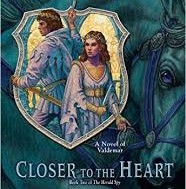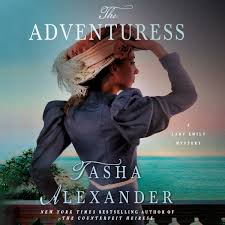Five Things I Learned Writing a Series
Today’s guest post is by Dan Rice. When I started writing, I dreamed of creating an epic fantasy series. Hence,…

Today’s guest post is by Dan Rice. When I started writing, I dreamed of creating an epic fantasy series. Hence,…

Today’s guest post is by Vivek Hariharan. Ever since the enormous success of the Harry Potter saga, there have been…

I’m reposting this article from some years back, as many fiction writers plan a series but often don’t know the…

I hope you know why it’s so important to craft a terrific first page. Surely if your first page is…

Many authors plan to write a series, but I’ve noticed when critiquing and editing novels that are part of a…

I couldn’t resist including one of my favorite fantasy author’s novels. I’ve read most of Mercedes Lackey’s books, as have…

Today, for our first-page analysis, we’re going to look at The Adventuress by Tasha Alexander. This novel is the tenth installment in…

Subscribe to my email blasts to level up your writing and be notified of upcoming events and offers!
No products in the cart.